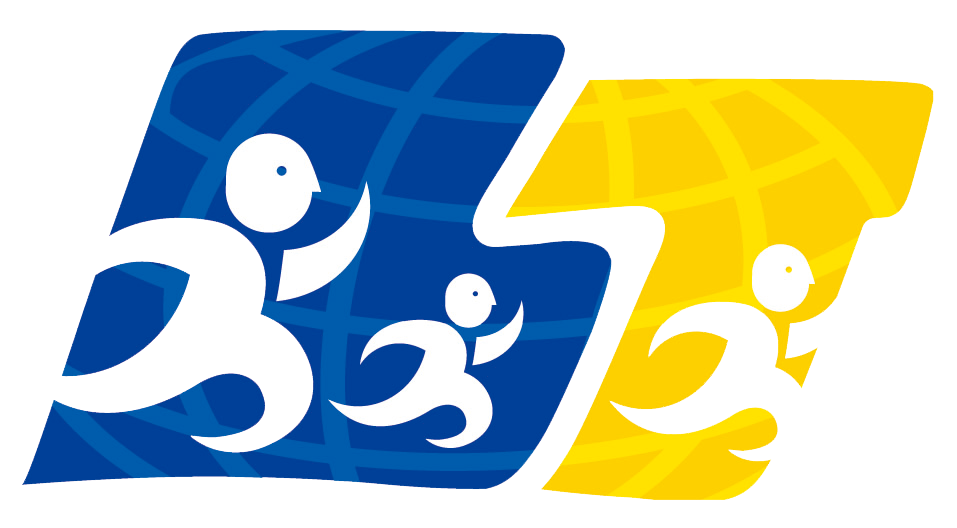Principal’s Words
BJEJH: Life Practitioners and Liberal Arts Learners
The vision of the 12-Year Basic Education Curriculum and the IB both aims to nurture lifelong learners. The concept of core competencies in 12-Year Basic Education emphasizes lifelong learning. These competencies are divided into three broad dimensions: spontaneity, communication and interaction, and social participation. The curriculum was developed based on the spirit of holistic education, adopting the concepts of taking initiative, engaging in interaction, and seeking the common good to encourage students to become spontaneous and motivated learners. It also adopts the vision of developing talent in every student—nurturing by nature and promoting lifelong learning. In addition, it caters to the specific needs of all individuals, considers the diverse cultures and differences between ethnic groups, and pays attention to socially vulnerable groups. Through adaptive education, we hope to stimulate students’ desire to learn and their courage to innovate and to become lifelong learners with social adaptability and responsiveness.
The philosophy of Binjiang Experimental Junior High School emphasizes self-directed learning, where students engage in learning activities, participate in setting learning goals and choose the mode that optimizes learning outcomes rather than relying on teachers to learn. In addition to self-evaluation and feedback, students can also develop the ability to cooperate with others and develop a caring heart through teacher-student interaction and peer interaction.
Many details and challenges are involved in the process of integrating IB and the local curriculum. We have conveyed our five policies through continuous communication so that parents and the community can understand how we practice our experimental educational philosophy and receive positive feedback. Over the past years, our blueprint has become clearer. Through intensive IBPD training and enrichment, our teacher team has gained a more comprehensive understanding of the IB philosophy and mission statement. We have developed a consensus to implement our mission statement and curriculum map through discussion. We have come to understand that the IB curriculum structure provides us a framework that aligns with the literacy-oriented goals emphasized in the the12-Year Basic Education Curriculum, with the vision that our students will become well-rounded lifelong learners. Through changes in ATT (Approaches to Teaching) and ATL (Approaches to Learning), we expect students to develop the 10 IB learner profiles- knowledgeable, principled, open-minded, caring, risk-taker, communicator, inquirer, thinker, reflective, and balanced during the three years of experimental education. We also encourage active parental involvement so that more understanding can be facilitated. In addition, Our IB curricula provide inter-disciplinary and integrated learning materials under the design and integration of key concepts, related concepts, and global contexts within the professional context of each area of study.
With the view of applying the learning and teaching context to the real world, we lead students to think about global issues and carry out their community projects, which shows their concern for their communities. Thus the philosophy of IB world school is realized through the performance and the improvement of Binjiang students with core competencies of spontaneity, communication, interaction, and social participation as the national curriculum defines.
